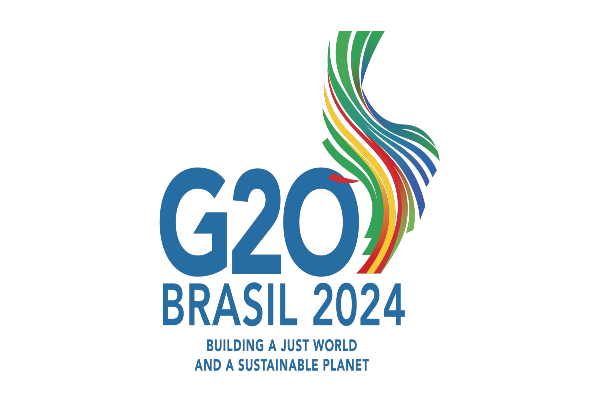
On 22 July 2024, the Development Ministers of the G20 recognized the importance of policies that promoted equal opportunities, empowered persons in vulnerable situations, supported productivity, and reduced income inequalities. They acknowledged these policies as crucial for human well-being and for promoting strong, sustainable, balanced, and inclusive economic growth for all countries, full and productive employment, and decent work for all. The Development Ministers of the G20 reaffirmed their commitment to helping developing countries better integrate into the global industrial value and supply chains and accelerate their industrialization and modernization process. They recognized that human capital development was essential to tackling poverty and inequality. They noted that inequalities also had an inter-generational impact as the unequal social mobility opportunities and outcomes of a generation directly influenced those of the next. In this regard, they recognized that development cooperation, including North-South, South-South, and Triangular cooperation, enabled developing countries to achieve progress towards sustainable development.
Access to clean water and proper sanitation in the workplace is a critical issue that affects both health and productivity. Ensuring that employees have reliable access to safe drinking water and sanitary facilities is essential for preventing waterborne diseases and maintaining overall well-being. Despite global efforts to improve water and sanitation conditions, many workplaces, particularly in developing regions, still lack these basic necessities. Addressing this gap is crucial, as it directly impacts workers’ health, reduces absenteeism, and promotes a more productive and sustainable work environment.
Read more about DWG Call to Action on WASH.

